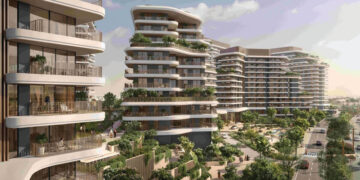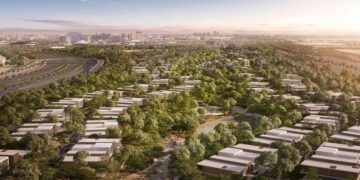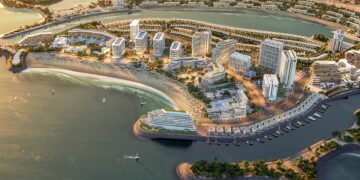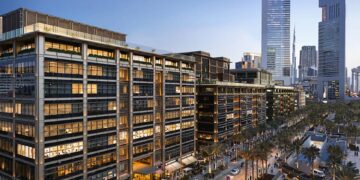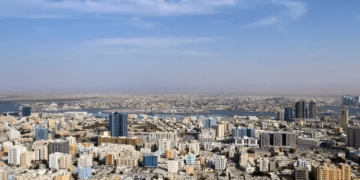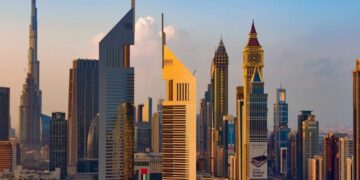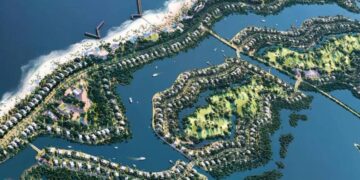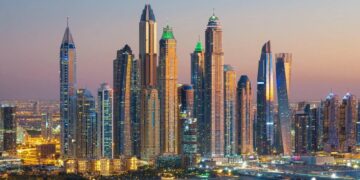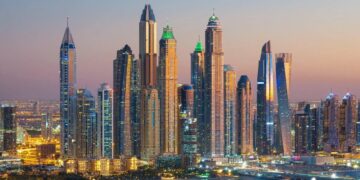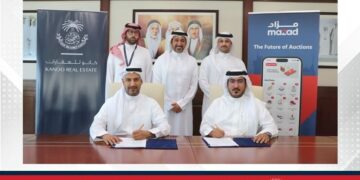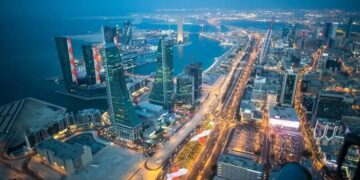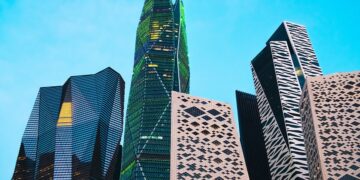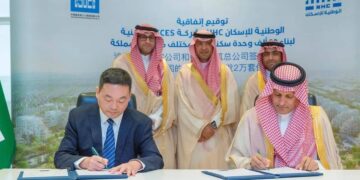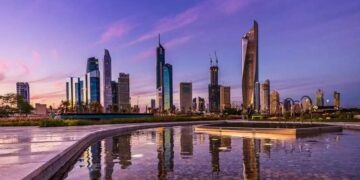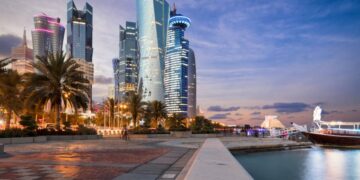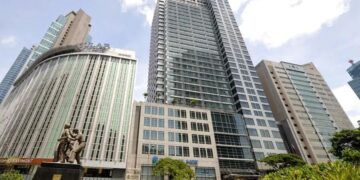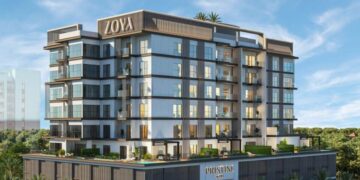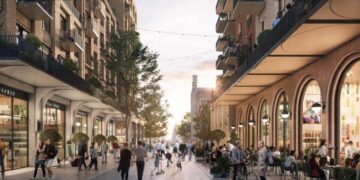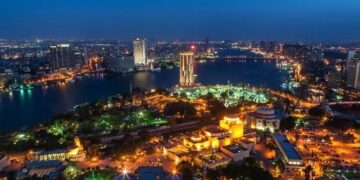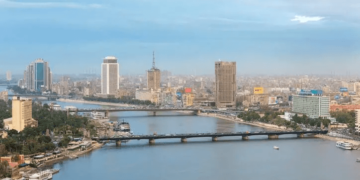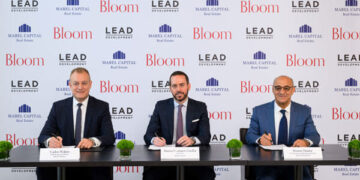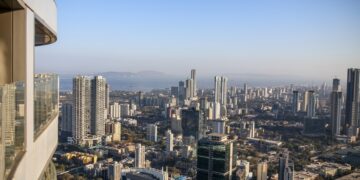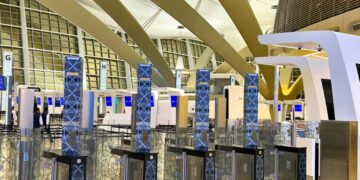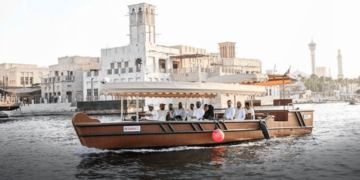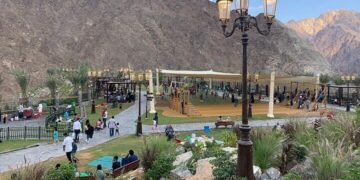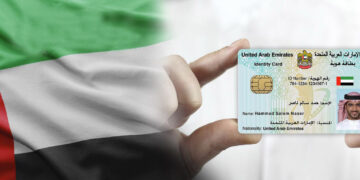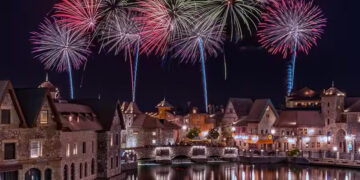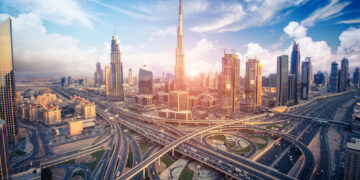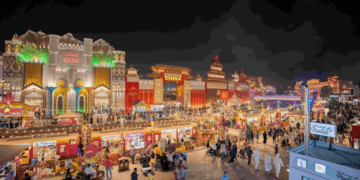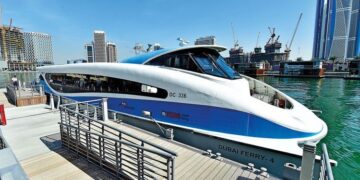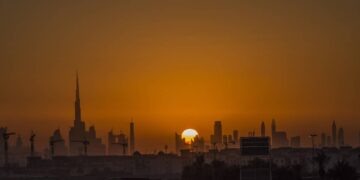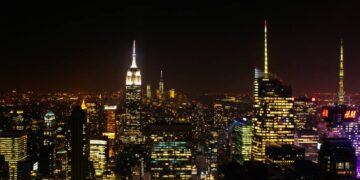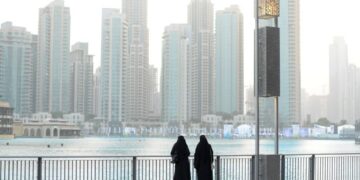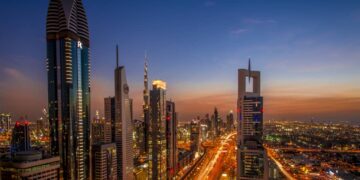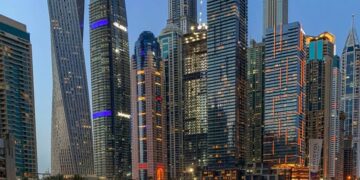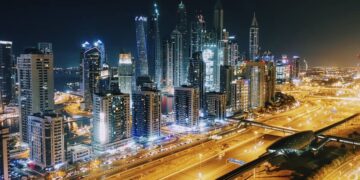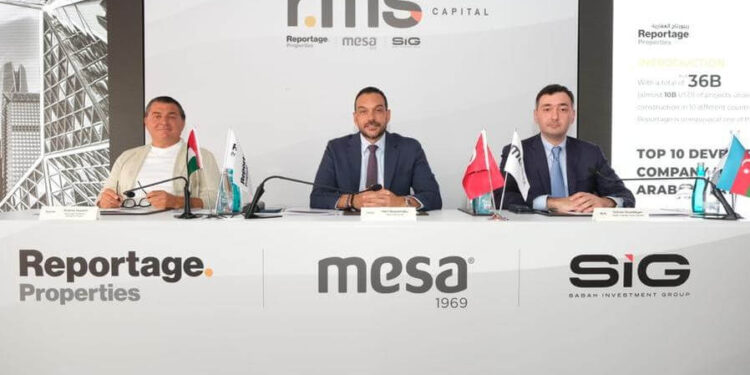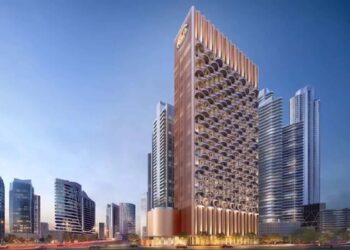According to global property consultancy Knight Frank, Saudi Arabia’s multifaceted real estate industry is currently seeing a dynamic expansion across all sectors, a good trend supported by compelling recent data and knowledgeable insights.
According to the report, demand for Grade A office space in Riyadh, Saudi Arabia’s economic centre, is experiencing an unprecedented boom, with occupancy rates reaching a record 97%.
On the other hand, the residential sector appears to be under increasing affordability pressure, per Knight Frank’s analysis.
The need for office space in Saudi Arabia’s three major cities, Riyadh, Jeddah, and Dammam Metropolitan Area (DMA), is consistently increasing.
The office sector is the actual star of the market, according to the expert, with Riyadh, the commercial capital, experiencing record demand and occupancy levels for Grade A and B workplaces reaching 97% and 85%, respectively.
Faisal Durrani, Partner – Head of Middle East Research, said: “The real star of the market remains the office sector. With business continuing to flock to the kingdom from the world over – the number of business licences issued increased by 54% during 2022 – prime rents remain under upward pressure and have climbed by 19% in Riyadh over the last year and by about 9% in Jeddah. Vacancy rates also remain marginal at 6% in Jeddah and just 3% in Riyadh.”
“The strong economic growth last year of around 9% – the highest level for any major economy – is driving job-creating rates in key centres such as Riyadh, which is resulting in rapidly diminishing stock,” stated Durrani.
“What’s more, the pipeline of supply remains slim, with around 800,000 sq m of new offices planned in Riyadh by 2025, for instance. We expect demand to far outstrip this, particularly as businesses remain focused on best-in-class space, which is likely to drive a bigger delta in the performance of Grade A and Grade B rents,” he explained.
“For now however, the shortage of space means some businesses are left with no option but to consider Grade B options, which has driven rents for more secondary offices up by 15% in Riyadh and 6% in Jeddah over the last 12 months,” said Durrani.
According to Knight Frank, the retail industry is undergoing an exciting revolution as it shifts to a more experienced model, with a focus on innovations in the food and beverage (F&B) and lifestyle sectors.
The F&B-centred lifestyle retail enterprises have the biggest foot traffic growth and dwell periods as a result of these improvements. This change does not portend the demise of conventional brick-and-mortar retail; rather, it shows a response to shifting consumer preferences and market realities.
Younger respondents (those under 35) are more inclined to select lifestyle retail centres (33%) and internet shopping (22% compared to 5% for those over 45), according to Knight Frank’s Saudi Report.
The necessity for established retail centres to reinvent themselves and improve the in-store experience is evidence of the generational shift in retail views, he continued. This will help blur the distinction between the physical and digital retail environments.
Jonathan Pagett – Head of Retail Advisory (KSA) said: “Saudi Arabia’s retail sector is witnessing a clear evolution towards an experiential model. As the younger demographic grows, the demand for retail centres offering a diverse blend of shopping, entertainment, and culinary experiences will skyrocket.”
“While the future is very much digital, our data suggests there is still a significant place for physical retail, given it can adapt and offer consumers an enhanced, multi-faceted shopping experience,” noted Pagett.
The year-round Saudi Calendar’s recent release, according to the property expert, represents a major turning point for the kingdom’s hotel industry.
This extensive calendar serves a wide range of customers, from locals to visitors from abroad, and is jam-packed with a variety of unique cultural, musical, and entertainment events.
The goal is to promote a rich cultural interchange that highlights the vibrancy of the Saudi cultural scene rather than only to amuse.
“The Saudi Vision 2030 plan’s innovative initiative is a game-changer for our hospitality sector. Over 400 events, from concerts to entertainment pop-ups held across the nation on one of the occasions such as Eid Al Fitr, appeal to a broad demographic, driving significant domestic tourism growth,” stated Durrani.
“This increase in activity isn’t just a temporary boost; it ensures a continuous influx of tourists throughout the year. We anticipate a positive impact on hotel performance, particularly with the projected supply increase by 2025: 27% in Riyadh, 7% in Jeddah, and 21% in DMA,” he added.













